Find Your Ally: Legal lifeline for undocumented students at community colleges
On this portal, every student in the system has access to free, high-quality immigration legal assistance.
 Representative image / Pexels
Representative image / Pexels
As immigration debates continue to shape the national landscape, California Community Colleges are stepping up to ensure students and their families have the legal support they need to pursue their dreams.
“It’s so important for students at community colleges to know whether they’re eligible for a particular form of relief or not so that they can avoid being defrauded by individuals who aren’t authorized to give legal advice.” said Hadira Kuchyaz Barkas, supervising attorney with the Central American Resource Center at the American Community Media briefing, cosponsored by the Immigrant Legal Resource Center (ILRC) and the Foundation for California Community Colleges (FoundationCCC). “Please,” she urged the students, “make an appointment with us. Let us walk you through the different options that may be available to you, so you can make an informed decision about your future.”
Through Find Your Ally and the Higher Education Legal Services Project, every student in the system, whether full-time or part-time, enrolled in credit, noncredit, dual enrollment, or adult education has access to free, high-quality immigration legal assistance, added Alonso Garcia is the Senior Program Manager for Equity at the Foundation for California Community Colleges. This includes help with applications, family petitions, consultations, and even coverage of DACA renewal fees.
What kind of applications are popular
Naturalization for those that are permanent residents is a common request made to the Central American Resource Center. “We very often see DACA renewals and first-time DACA applicants making appointments. It continues to be our most popular appointment type, although we are starting to see a decline in DACA renewals,” said Barkas.That’s largely because people are moving on and gaining more permanent forms of status, such as adjustment of status to green cards, and eventually citizenship and naturalization. Many of them are finishing school, completing their undergraduate or graduate programs, and moving on to other states. So while DACA remains one of their most common appointment types, they have started to see that decline.
Naturalization for permanent residents is another frequent request they receive.
They also assist with other forms of relief, though less so under the current administration, such as advanced parole applications. These allow eligible individuals to travel abroad for various reasons, including study abroad programs, family reunification, or emergencies. However, fear and uncertainty have made many hesitant to apply.
Finally, family-based petitions for individuals who have family members that are lawful permanent residents or U.S. citizens and who may be able to petition for their relatives is another very common these days.
They are also starting to see a growing need for Special Immigrant Juvenile Status (SIJS) cases for minors under the age of 21 who have been abused, abandoned, or neglected by one or both of their parents. “These cases are becoming increasingly common and represent an important form of relief for vulnerable young people seeking stability and safety in the U.S, “ she said.
“We’re able to offer support in a wide range of other areas as well.”
Who is eligible for help?
Find Your Ally is not only for students, and faculty it is for whoever is working at the community college, be it a counselor, a food handler, janitor, groundskeepers, maintenance, all those currently employed and affiliated by the community. “95% of that is students, with the other 5% or so being the faculty and staff,” said Garcia.
Through a partnership with the California Department of Social Services, the Immigrant Legal Resource Center, and 10 trusted legal service providers, the Foundation delivers free immigration legal services and support programs directly to the state’s 2.1 million community college students. Currently enrolled students (credit, noncredit, adult education, dual enrollment), guest lecturers, full-time and tenured faculty. Eligibility is determined at intake, ensuring immediate access to support for anyone affiliated with the system. Comprehensive Legal Services are provided with end-to-end immigration legal support, including general consultations. DACA renewals (and new applications when permitted), naturalization (citizenship) filings, advanced parole applications, biometrics and related medical exams, filing fee assistance removes financial barriers and no repayment required.
Whether a student has been enrolled for several years or only one semester, they remain eligible to receive full legal support through Find Your Ally. Once they have completed their intake while enrolled, they can continue to access services until their immigration consultation and case are resolved, even after leaving the college. Students remain supported even after completing their studies or ending formal affiliation with the college system. This long-term commitment acknowledges that immigration processes can take years and ensures continuity of care.
The program is not affected by federal government shutdowns or funding interruptions, providing reliable access to immigration help even during times of political instability.
About Find Your Ally
Find Your Ally operates in partnership with the Foundation for California Community Colleges, the California Department of Social Services, and trusted legal service organizations like the Immigrant Legal Resource Center—amplifying its reach and credibility.
Supported by a $10 million investment from the State of California, Find Your Ally brings comprehensive immigration legal services to all students, faculty, and staff across 116 California Community College campuses. This ensures equitable access to trusted legal help regardless of campus size, location, or resources. It is estimated that 50,000 to 70,000 of these students are estimated to be undocumented, making this initiative a critical effort to ensure equitable access to education and legal support for all students across California’s 116 community colleges.
This is the first state-funded effort of its kind in the nation, ensuring that no student has to navigate complex immigration challenges alone, said Garcia. “It reflects our system’s commitment to advancing equity, breaking down barriers, and creating pathways for students to thrive both inside and outside the classroom.”
The Foundation for California Community Colleges serves as the official auxiliary to the California Community Colleges Chancellor’s Office, with a mission to advance equity, opportunity, and student success across higher education in the state.
California is the only state that has fully funded immigration legal services for the three systems of higher education. So while the community colleges have this infrastructure, the Cal States and the UCs also received some funding to provide immigration legal services. 4 out of the 10 organizations providing services to the community colleges also provide services to the Cal State system, to ensure continuity of services if a student transfers to one of the 23 CSU campuses.
The UC system also has free immigration legal services.
An increase in people seeking help from the program
The program has supported 30,000 students or so over the last 5 years. In a traditional year 3,000 to 5,000 students seek help.
“The number has almost doubled in just the last 9 months alone, given the Trump administration and how they've repositioned their immigration positions.”
The legal services are strictly related to immigration policies and adjustment of statuses. As there is a lot of intersectionality and need for additional support, they have partnered with Cover California to do informational webinars on accessing services, or accessing the healthcare exchange and what that looks like for documented folks. They produce monthly webinars where they touch on a number of immigration-related topics, like access to financial aid, paying taxes, being an entrepreneur etc. Those resources can also be accessed on FindYourAlly.com or on their YouTube channel at youtube.com/findyourally
Deepest fears looking ahead
The actions of the administration are causing a chilling effect. Strong disinformation and misinformation are discouraging people from seeking help.
“Sometimes, there’s something going on in someone’s personal life that makes them fearful or hesitant to reach out. In those cases, we encourage people to schedule a consultation, even a general consultation, where they can ask all their questions,” said Garcia. “We want people to know that they can get trusted information and guidance in a safe, confidential setting.”
“If they are worried about traveling, being seen in person, or being identified as someone seeking immigration legal services, we remind them that virtual consultations are always an option.”
ADVERTISEMENT
ADVERTISEMENT
E Paper
Video



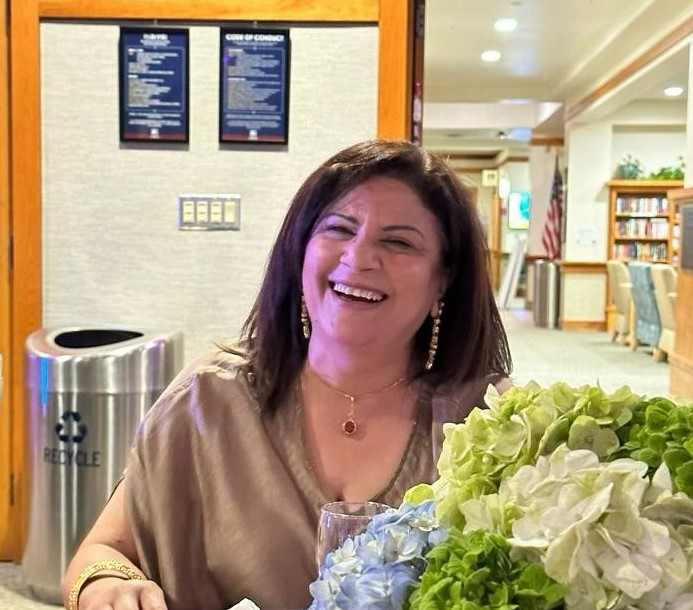 Ritu Marwah
Ritu Marwah 





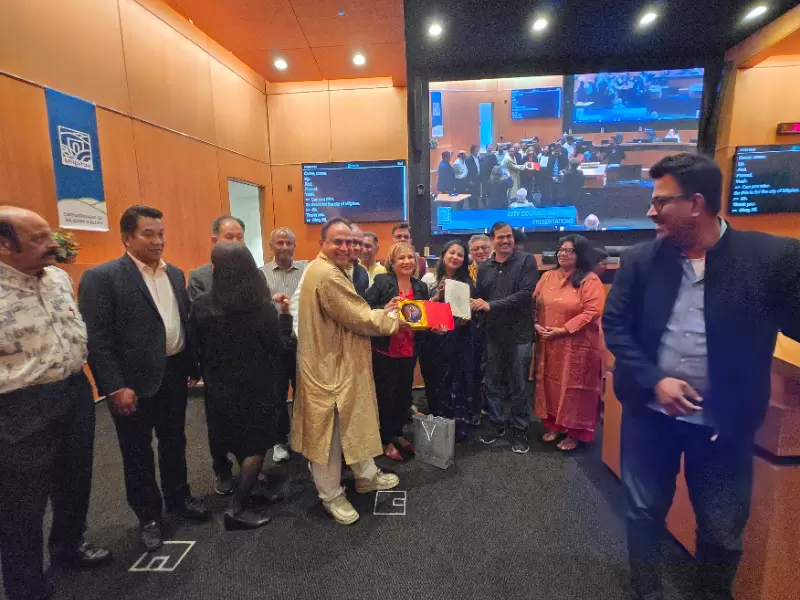
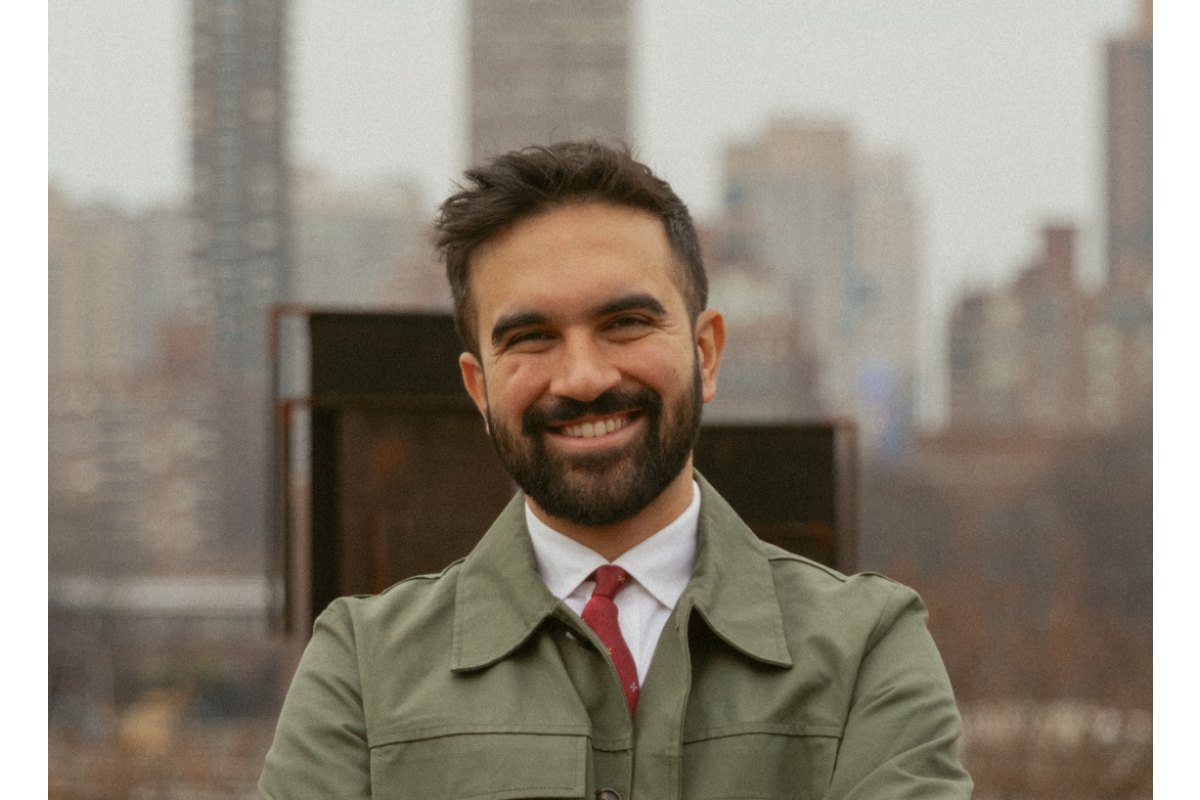

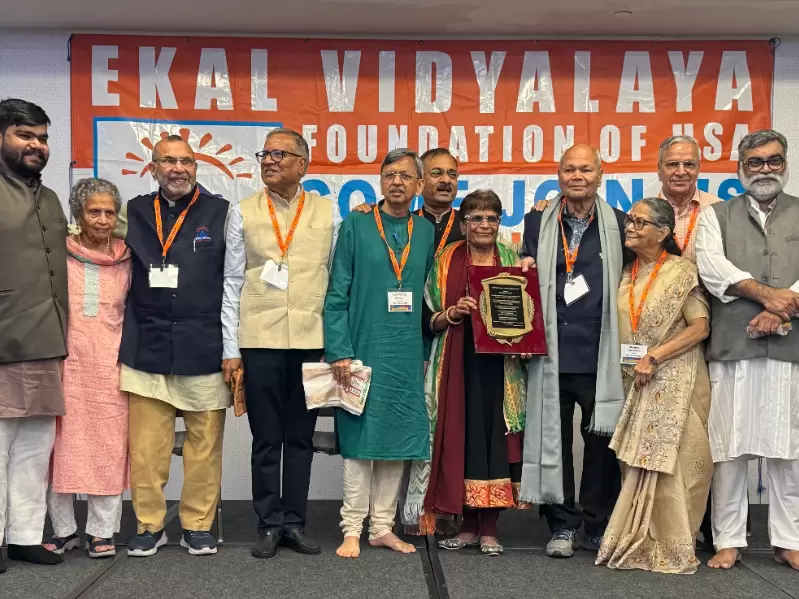
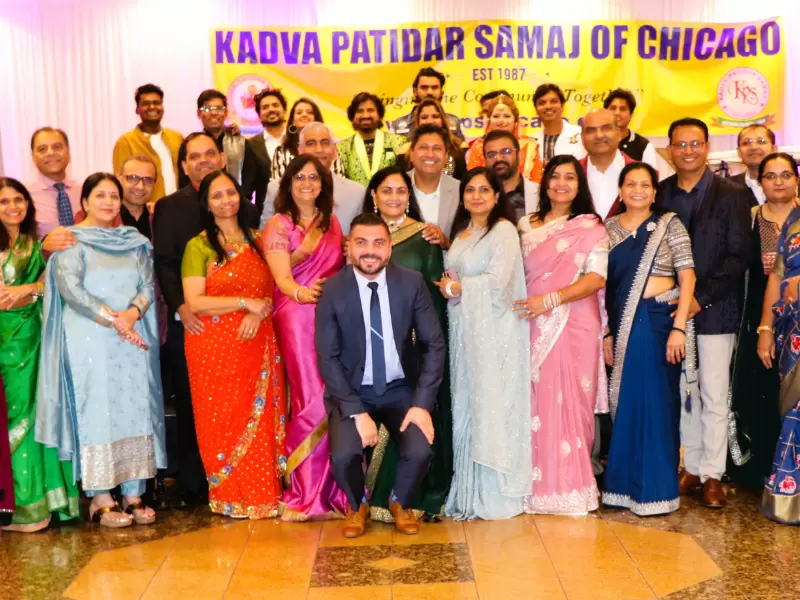



Comments
Start the conversation
Become a member of New India Abroad to start commenting.
Sign Up Now
Already have an account? Login